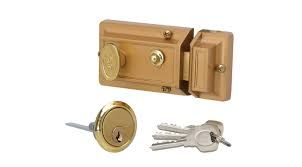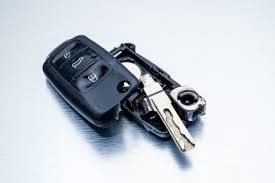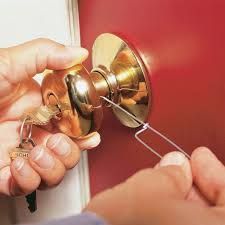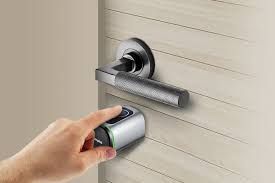Locksmith Laws and Regulations in Arizona
If you’ve ever found yourself locked out of your car or home, you know the sinking feeling that can come with it. That’s when a skilled locksmith swoops in to save the day, armed with their trusty tools and expertise. But have you ever wondered about the laws and regulations that govern locksmiths in Arizona? Don’t fret; I’m here to shed some light on this topic and introduce you to a locksmith service that goes above and beyond to comply with those regulations.
Locksmith Laws: Unveiling the Secrets
Arizona takes locksmith regulations seriously to ensure consumer safety and protect against fraudulent practices. The state requires locksmiths to obtain a license issued by the Arizona Registrar of Contractors (ROC). This licensing process ensures that locksmiths meet specific criteria and adhere to the necessary standards. From qualifications to background checks, the licensing procedure ensures that only trustworthy and skilled professionals enter the industry.
To be eligible for a locksmith license, individuals must demonstrate their competency through exams and show proof of insurance. They are also required to maintain current knowledge of industry advancements and participate in continuing education courses. These measures ensure that locksmiths stay up-to-date with the latest techniques and maintain a high level of professionalism.
Brothers Locksmith: Committed to Compliance
When it comes to locksmith services in Arizona, one name stands out from the crowd: Brothers Locksmith. With a strong commitment to professionalism and adherence to regulations, Brothers Locksmith has earned a stellar reputation in the industry.
Brothers Locksmith understands the importance of keeping up with the ever-evolving locksmith landscape. Their team of skilled professionals undergoes rigorous training and stays updated with the latest industry advancements. With their extensive knowledge and expertise, they can handle a wide range of locksmith needs, from emergency lockouts to intricate security system installations.
Why Choose Brothers Locksmith?
Here are a few reasons why Brothers Locksmith should be your go-to choice for all your locksmith needs in Arizona:
- Expertise : Brothers Locksmith’s technicians possess a wealth of knowledge and expertise in the locksmith field. They are well-equipped to handle any lock-related challenge you may face, with efficiency and precision.
- Prompt and Reliable : Time is of the essence when you’re locked out of your home or vehicle. Brothers Locksmith understands this urgency and strives to provide prompt and reliable service, ensuring that you’re back on track as quickly as possible.
- Compliance with Regulations : Brothers Locksmith goes above and beyond to comply with the locksmith laws and regulations in Arizona. By choosing their services, you can have peace of mind knowing that you’re working with a reputable and law-abiding company.
So, whether you find yourself locked out of your car on a scorching Arizona afternoon or need to upgrade the security of your home, Brothers Locksmith has got you covered. Learn more about their services and get in touch with their friendly team.
Remember, when it comes to locksmiths, it’s essential to choose a reliable and trustworthy service provider that puts your safety first. With Brothers Locksmith, you can rest assured that you’re in capable hands. Don’t let a lock mishap ruin your day— reach out to us and experience the difference today!
Call Us Any Time!








